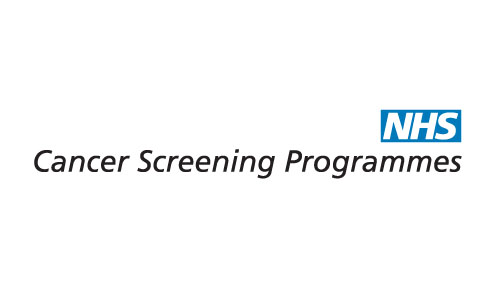
All women aged between 25 and 64 are invited for cervical screening. Being screened regularly means that any abnormal changes in the cervix can be identified early on and, if necessary, treated to stop cancer developing.
Cervical Screening is done at the surgery by the practice nurse. Please make an appointment with our reception desk.
What is Cervical Screening?
Cervical screening is not a test for cancer. It is a method of preventing cancer by detecting and treating early abnormalities which, if left untreated, could lead to cancer in a woman's cervix (the neck of the womb). The first stage in cervical screening is taking a sample using Liquid Based Cytology (LBC). http://www.cancerscreening.nhs.uk/cervical/lbc.html
A sample of cells is taken from the cervix for analysis. A doctor or nurse inserts an instrument (a speculum) to open the woman's vagina and uses a spatula to sweep around the cervix. Most women consider the procedure to be only mildly uncomfortable.
Early detection and treatment can prevent 75 per cent of cancers developing but like other screening tests, it is not perfect. It may not always detect early cell changes that could lead to cancer.
When it should be done?
The NHS Cervical Screening Programme in England offers free tests to all women between the ages of 25 and 64.
Women who are registered with a GP are invited for screening tests:
- Women should receive their first invitation for screening at 25.
- Women aged 25-49 are invited for screening every three years.
- Women aged 50-64 are invited for screening every five years.
- Women aged 65 or over are only screened if they have not been screened since they were 50 or have had recent abnormal test results.
If you have not had a cervical screening test within the appropriate time, you may be offered one when you next visit our surgery.
After your screening test, you will be informed the result by letter directly. Should there be any abnormality found, you will be asked to make an appointment to see the doctor.
if you have treatment for abnormal cervical cells, you will be asked to attend screening as advised for some years afterwards, depending on how serious the cell changes were.
If you are not sure when your next screening test should be or if you have any questions about the NHS Cervical Screening Programme, please enquire at our reception desk.
If you are under 25 and worried about your risk of developing cervical cancer or about sexual health generally, please speak to one of our GPs.
Useful link: NHS Choices